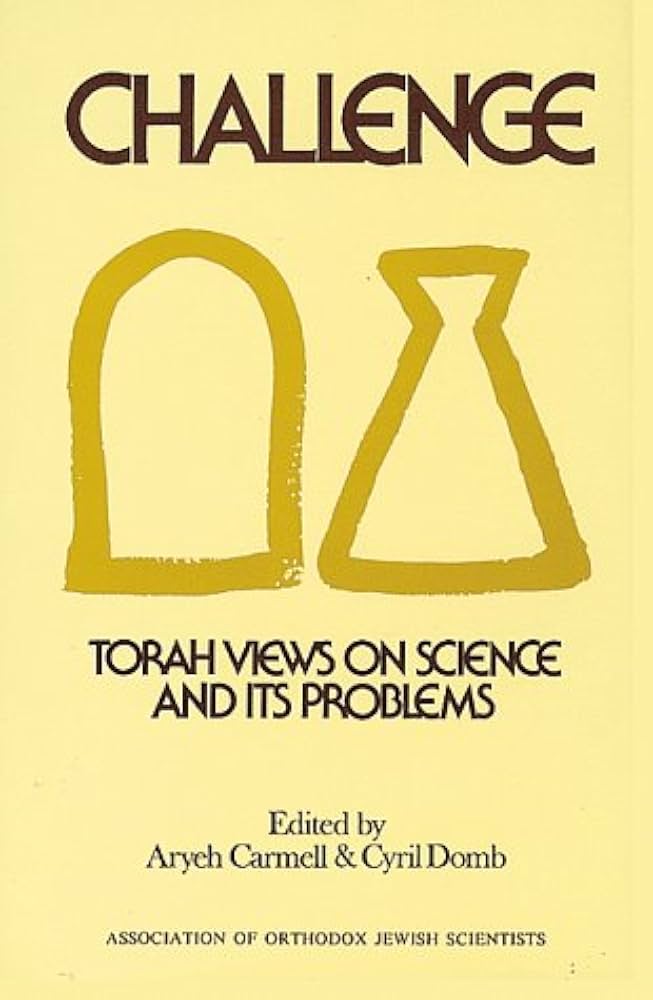A continuation from Monday’s post.

- Area: The Sotah (woman suspected of adultery, Num 5:11-31)
Torah Problem: I’ve posted on this here and here), but basically the ritual is particularly misogynistic, allowing husbands free reign to bully and humiliate their wives in public.
Rabbinic Solution: While some Talmudic rabbis are happy to take the hardline misogynist positions, many offer a way out. The general ruling appears to be that a husband is forbidden to warn his wife not to seclude herself with another man (which sets off the whole ritual) and that the ritual only applies where a husband has broken this law. Also, the ritual involves a scroll with YHWH’s name being erased and a popular opinion is that YHWH is happy for his own name to be erased to restore peace between husband and wife, the implication being that most husbands’ suspicions will be without merit and the wives will emerge from the ritual unscathed. This completely goes against the meaning of the passage but is a [slight] improvement. - Area: Oaths and vows
Torah Problem: The Torah gives the mechanism to bind yourself to some extremely onerous and harmful oaths and vows. It provides only one mechanism of getting out of them: a woman’s husband (or father if she’s unmarried) can annul her vows if he doesn’t like them (Num 30:4-17). Although the original sentiment is about as offensive you can get, it does have the bonus of letting women (sometimes) get out of oaths made in haste.
Rabbinic Solution: The Talmud itself contains a great deal of methods that can be used to annul a vow, for instance if it’s of a particular class of onerous vows. However there is also the catch-all method of it being annuled by a Torah sage. What I found interesting is that in the discussions it seems a given that the vow is a bad thing, annuling it is good and therefore the sage will find some way of fitting it into one of the categories he can annul. This seems a clear and deliberate fix of a problem created by the Torah. - Area: Interest and loans
Torah Problem: Every 7th year all debts and loans are cancelled and annuled (Deut 15:2). This combined with the strict prohibition of charging financial interest to fellow Jews (Lev 25:37) is clearly disasterous for the economy. Without interest there is marginal financial incentive to lend money, especially since when it’s repaid inflation will usually make it worth even less than you started with. (Perhaps if the Jews were to follow the Torah YHWH had meant to prevent inflation…) Even when there is a loan, nobody will give one for a term longer than the next annulment year, meaning the poor cannot find investors to help them build up a business.
Rabbinic Solution: The prohibition to lend on interest was circumvented with essentially some technicalities and legal fictions. For instance, I believe it’s allowed to lend someone money with the purpose of the borrower using it for a business venture and then take some of the profits. Although the effect is the same as interest it’s called “profit sharing”. On the year of annulment, during the early rabbinic era, another legal instrument called the prozbul was created, whereby the loan is transferred to a rabbinic court and for those the debt is not cancelled.

Final installment next week.





0 Comments